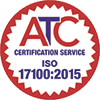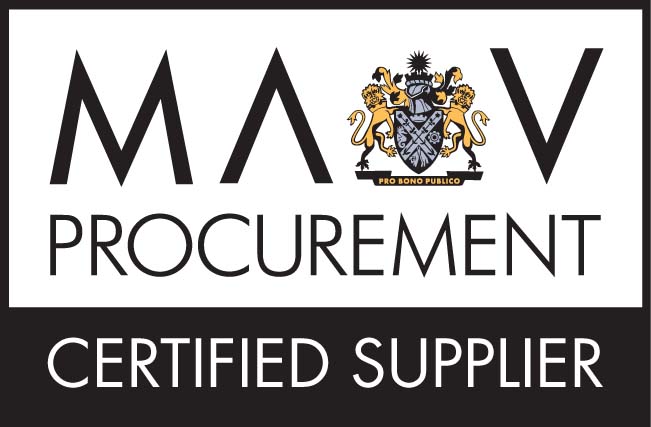Manufacturers tend to slip below the radar when it comes to translation. The focus tends to rest on the marketing of manufactured products after they have been manufactured and distributed to retailers. It stands to reason that many manufactured products need a certain amount of information so that consumers and end-users can assemble them and operate them and if this is not in the language where the product is for sale then it can cause all sorts of problems.
The case for professional translation of licenses, warranties, technical documents, instruction manuals and workshop manuals is strong. These documents tend to bypass the packaging and yet are needed if consumers are going to get the most out of the things they buy.
The need for professional translation by manufacturers is easily observed when products of Chinese origin are bought. A lot of well-known manufacturers these days outsource the manufacturing to China, Vietnam, the Philippines or India. Multi-language manuals are often produced along with these products and are translated quite professionally into several common languages. However, there are also many products that are manufactured in the same countries that are not well-known brands. The manuals for these products have also been translated into several different languages, but usually, they have not been translated professionally. The results are often incomprehensible. These products are often a lot cheaper than the branded products but the advantage of cheapness is offset by the poorly translated instructions and product support.
The lesson for manufacturers who want to maintain market share is to make sure that they don’t compromise on their translation costs. Professional document translation of the sorts of technical documents that usually accompany manufactured products is preferably done by people who understand the nature of the products they are describing. Technical language is almost as demanding for many manufactured products as it is for legal documents. Unprofessional technical translation or worse, non-human computer-aided translation is going to mystify consumes at best and at worst, put them in danger if they do not how to set up or use a product safely.


















